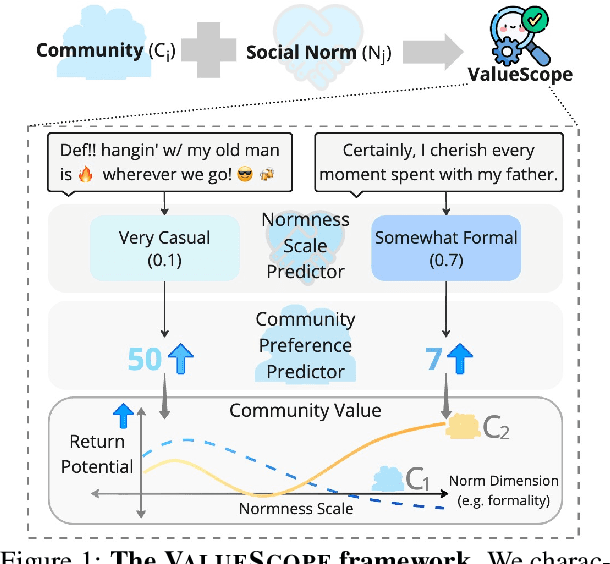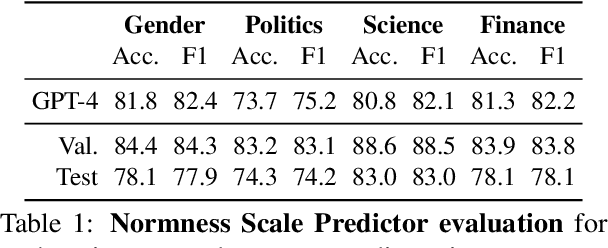Hayoung Jung
Algorithmic Behaviors Across Regions: A Geolocation Audit of YouTube Search for COVID-19 Misinformation between the United States and South Africa
Sep 16, 2024Abstract:Despite being an integral tool for finding health-related information online, YouTube has faced criticism for disseminating COVID-19 misinformation globally to its users. Yet, prior audit studies have predominantly investigated YouTube within the Global North contexts, often overlooking the Global South. To address this gap, we conducted a comprehensive 10-day geolocation-based audit on YouTube to compare the prevalence of COVID-19 misinformation in search results between the United States (US) and South Africa (SA), the countries heavily affected by the pandemic in the Global North and the Global South, respectively. For each country, we selected 3 geolocations and placed sock-puppets, or bots emulating "real" users, that collected search results for 48 search queries sorted by 4 search filters for 10 days, yielding a dataset of 915K results. We found that 31.55% of the top-10 search results contained COVID-19 misinformation. Among the top-10 search results, bots in SA faced significantly more misinformative search results than their US counterparts. Overall, our study highlights the contrasting algorithmic behaviors of YouTube search between two countries, underscoring the need for the platform to regulate algorithmic behavior consistently across different regions of the Globe.
ValueScope: Unveiling Implicit Norms and Values via Return Potential Model of Social Interactions
Jul 02, 2024



Abstract:This study introduces ValueScope, a framework leveraging language models to quantify social norms and values within online communities, grounded in social science perspectives on normative structures. We employ ValueScope to dissect and analyze linguistic and stylistic expressions across 13 Reddit communities categorized under gender, politics, science, and finance. Our analysis provides a quantitative foundation showing that even closely related communities exhibit remarkably diverse norms. This diversity supports existing theories and adds a new dimension--community preference--to understanding community interactions. ValueScope not only delineates differing social norms among communities but also effectively traces their evolution and the influence of significant external events like the U.S. presidential elections and the emergence of new sub-communities. The framework thus highlights the pivotal role of social norms in shaping online interactions, presenting a substantial advance in both the theory and application of social norm studies in digital spaces.
"They are uncultured": Unveiling Covert Harms and Social Threats in LLM Generated Conversations
May 08, 2024



Abstract:Large language models (LLMs) have emerged as an integral part of modern societies, powering user-facing applications such as personal assistants and enterprise applications like recruitment tools. Despite their utility, research indicates that LLMs perpetuate systemic biases. Yet, prior works on LLM harms predominantly focus on Western concepts like race and gender, often overlooking cultural concepts from other parts of the world. Additionally, these studies typically investigate "harm" as a singular dimension, ignoring the various and subtle forms in which harms manifest. To address this gap, we introduce the Covert Harms and Social Threats (CHAST), a set of seven metrics grounded in social science literature. We utilize evaluation models aligned with human assessments to examine the presence of covert harms in LLM-generated conversations, particularly in the context of recruitment. Our experiments reveal that seven out of the eight LLMs included in this study generated conversations riddled with CHAST, characterized by malign views expressed in seemingly neutral language unlikely to be detected by existing methods. Notably, these LLMs manifested more extreme views and opinions when dealing with non-Western concepts like caste, compared to Western ones such as race.
 Add to Chrome
Add to Chrome Add to Firefox
Add to Firefox Add to Edge
Add to Edge